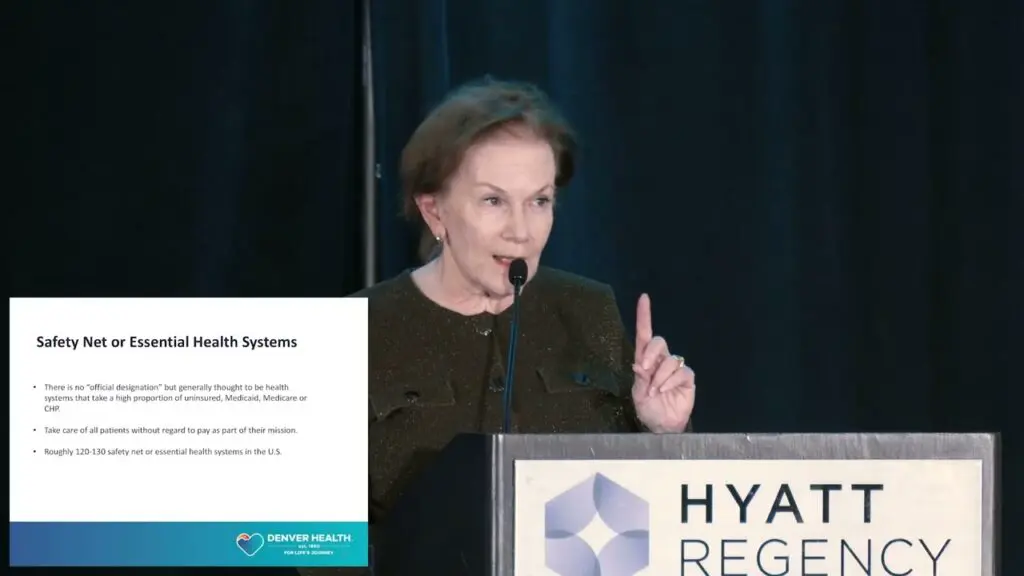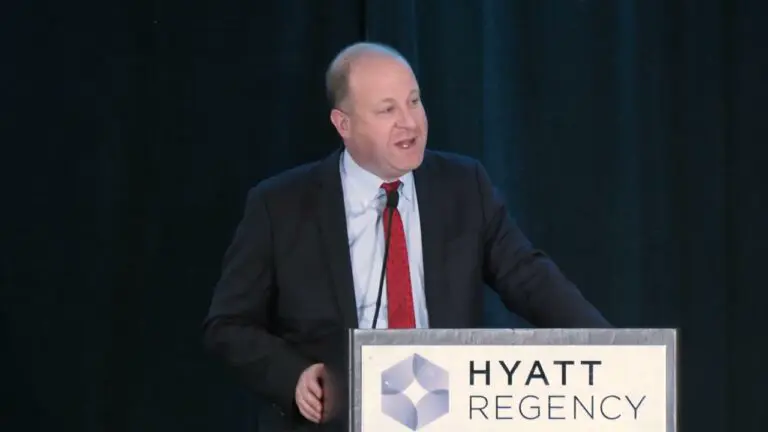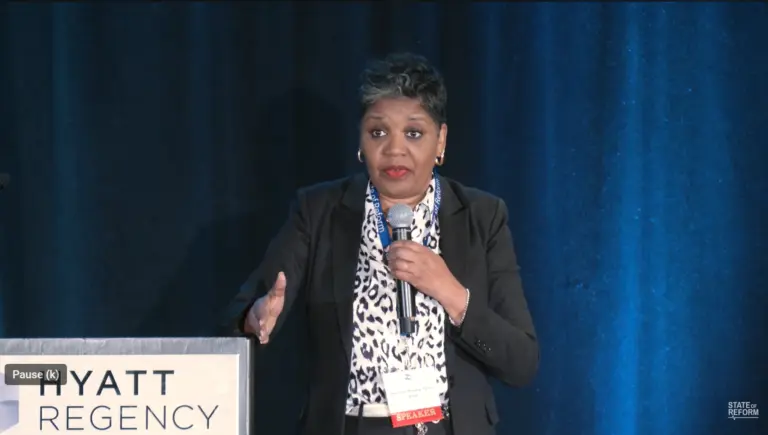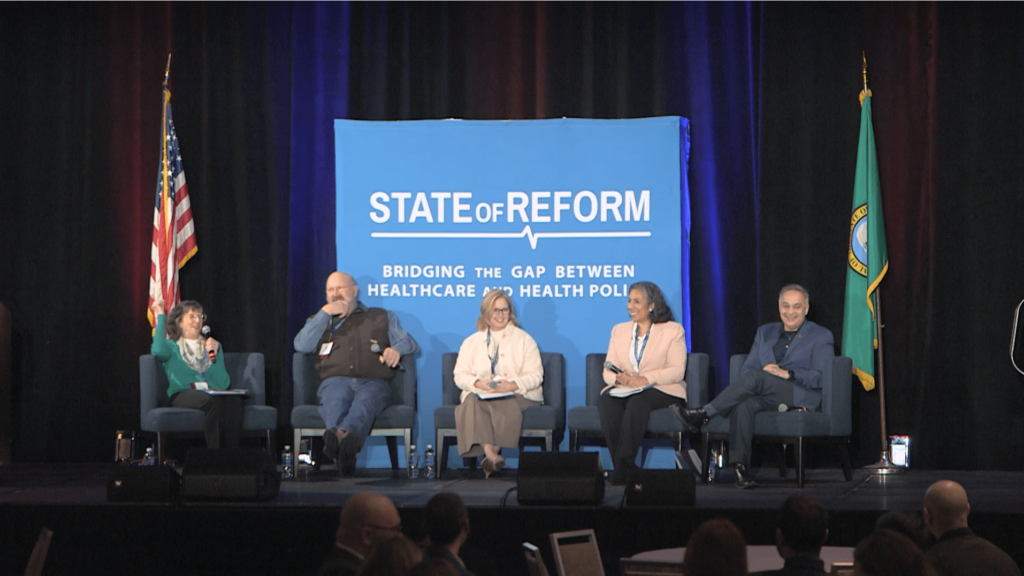I attend the Utah State of Reform Conference every year. The thing that I love most is all of the people who come, who I know and who I don’t know, and I get an opportunity to network with them and talk with them—share thoughts and ideas and build something together that, moving forward, is something very tangible. – Utah health system executive
It gives us all a forum to come together, discuss the critical issues, and it really prepares us to just advocate for the things that we all share a common interest in. – Hawaii health plan CEO
What do our providers think? What do our consumer advocacy organizations think? This conference really brings all those people together in one space, which means I don’t have to go across the whole state trying to figure that out. – Staffer of US Congressman
Just as important as the keynote speakers and the breakout sessions is the networking that happens behind the scenes. – Colorado health policy consultant
This conference offers something really important in the overall discourse of healthcare reform. It really comes down to the gap between policy and the actual tools that are available and being used on the ground in order to fulfill the needs of the patients and the provider teams that are offering these services. – Florida health IT leader
There are a lot of new solutions that are out there. We need to make sure that these new players are talking together, and State of Reform is exactly the kind of place that facilitates those conversations. – Texas behavioral health leader
I attend the Utah State of Reform Conference every year. The thing that I love most is all of the people who come, who I know and who I don’t know, and I get an opportunity to network with them and talk with them—share thoughts and ideas and build something together that, moving forward, is something very tangible. – Utah health system executive
It gives us all a forum to come together, discuss the critical issues, and it really prepares us to just advocate for the things that we all share a common interest in. – Hawaii health plan CEO











